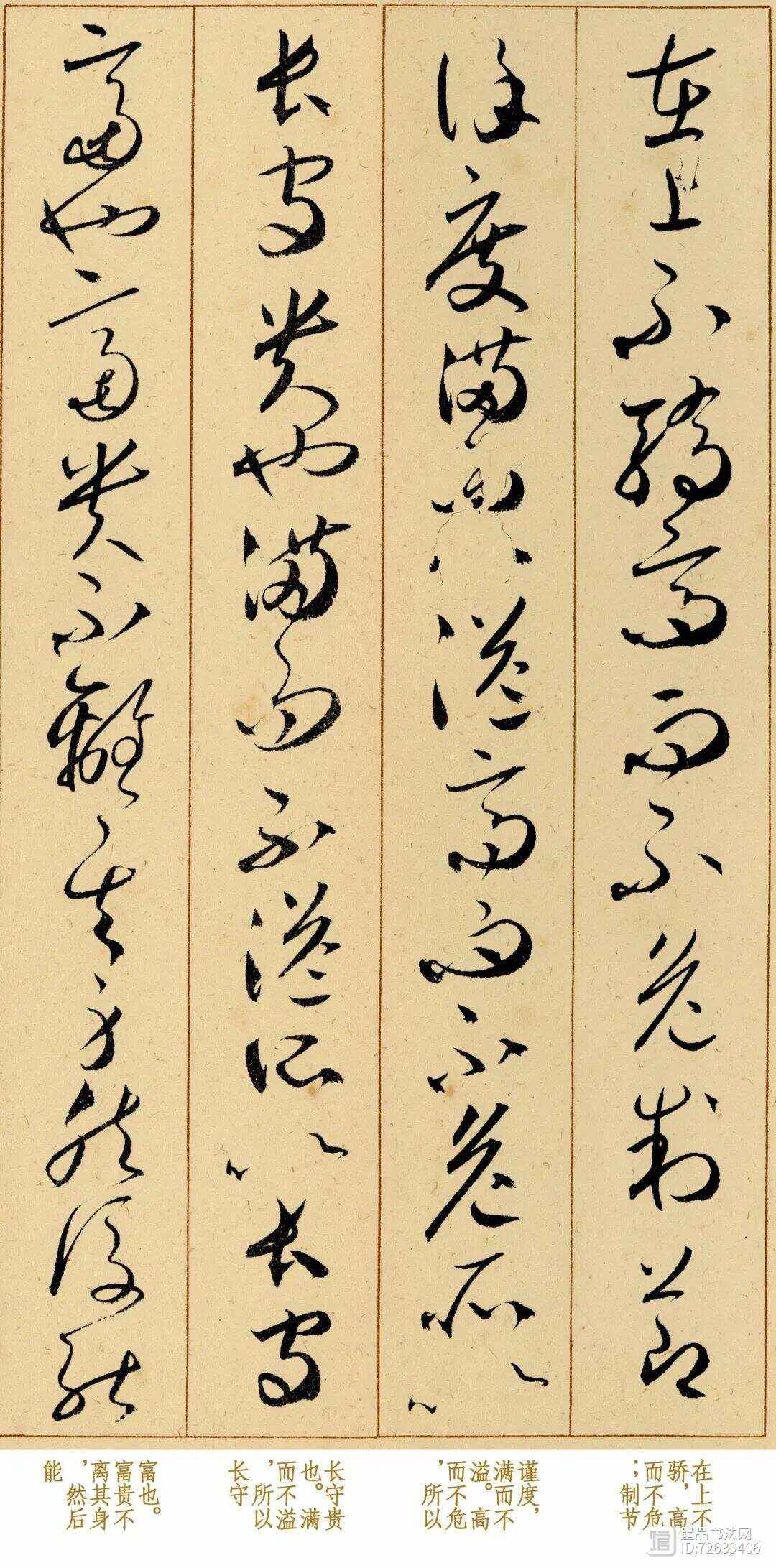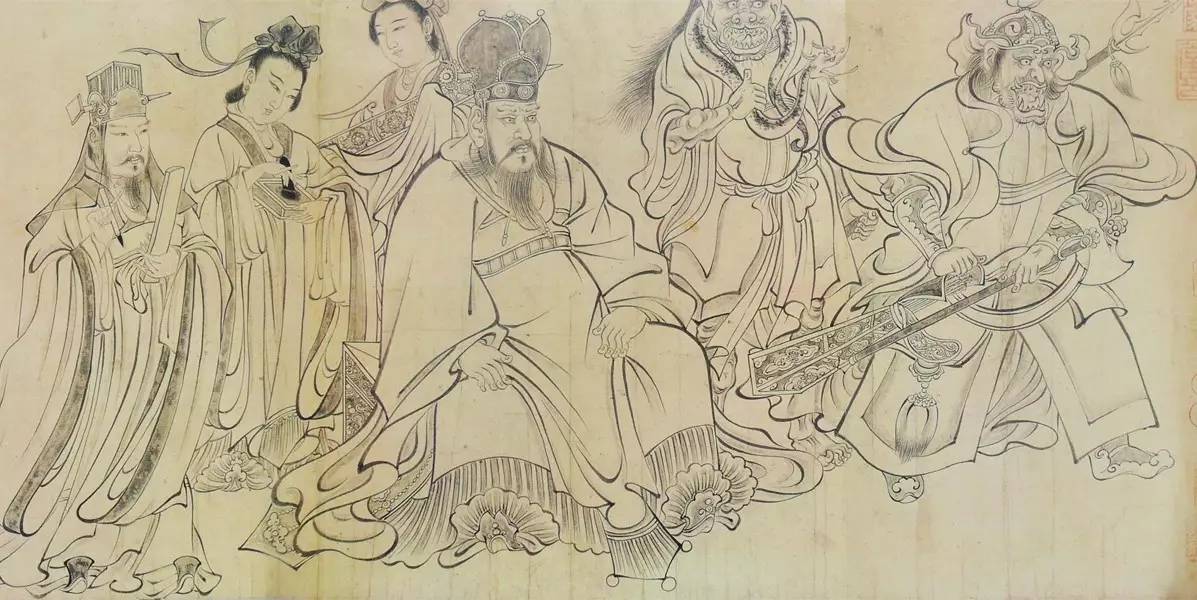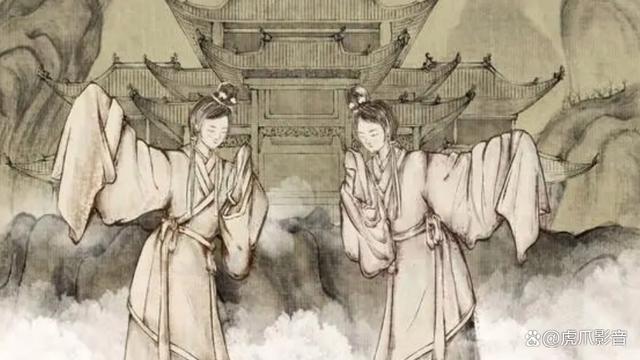For those who are very interested in Empress Dowager Ling of Northern Wei, Hu Shi, the History Encyclopedia editor brings a detailed article for your reference.
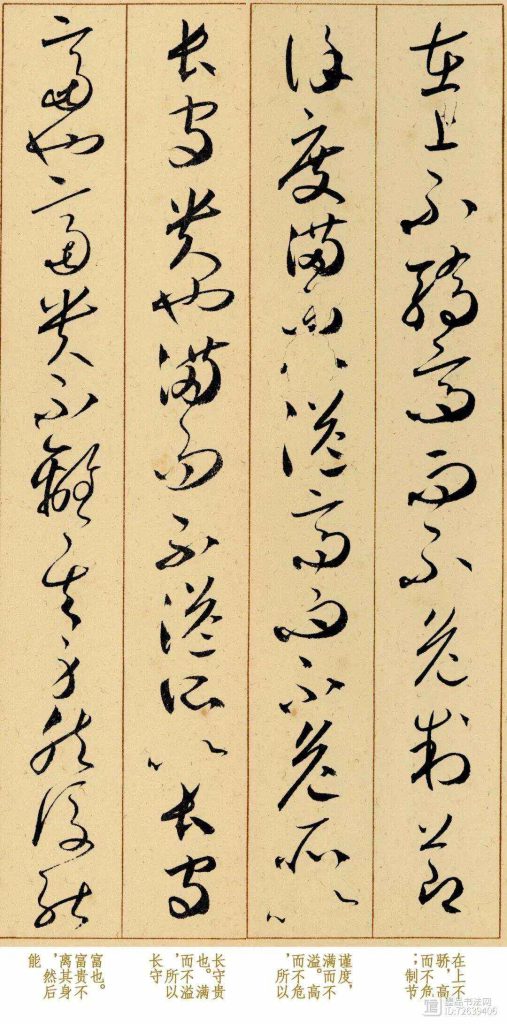
The phrases’ no family ties under imperial power ‘and’ the most ruthless imperial family ‘are perfect to describe the internal relationships among members of the royal family. In the battle for royal power, it is not uncommon for fathers and sons to become enemies, brothers to turn against each other, and mothers and sons to lose peace; But it is rare for a tiger to kill its son for power, as it does not eat its own offspring. Although rare, such incidents are not uncommon. The poisoning of her own son, Emperor Xiaoming Yuan Xu, by Empress Dowager Ling of Northern Wei is a typical example.
1、 Hu’s background
Empress Dowager Ling of Northern Wei was born into a prominent family, and her father and aunt were very famous at that time. Hu Guozhen, the father of the Hu family, once held the position of prime minister, while her aunt was a highly renowned “nun” at that time. Buddhism was prevalent during the Northern Wei Dynasty, and the royal family was particularly fond of Buddhism; So Hu’s aunt often visits the palace to teach Buddhism to members of the royal family.
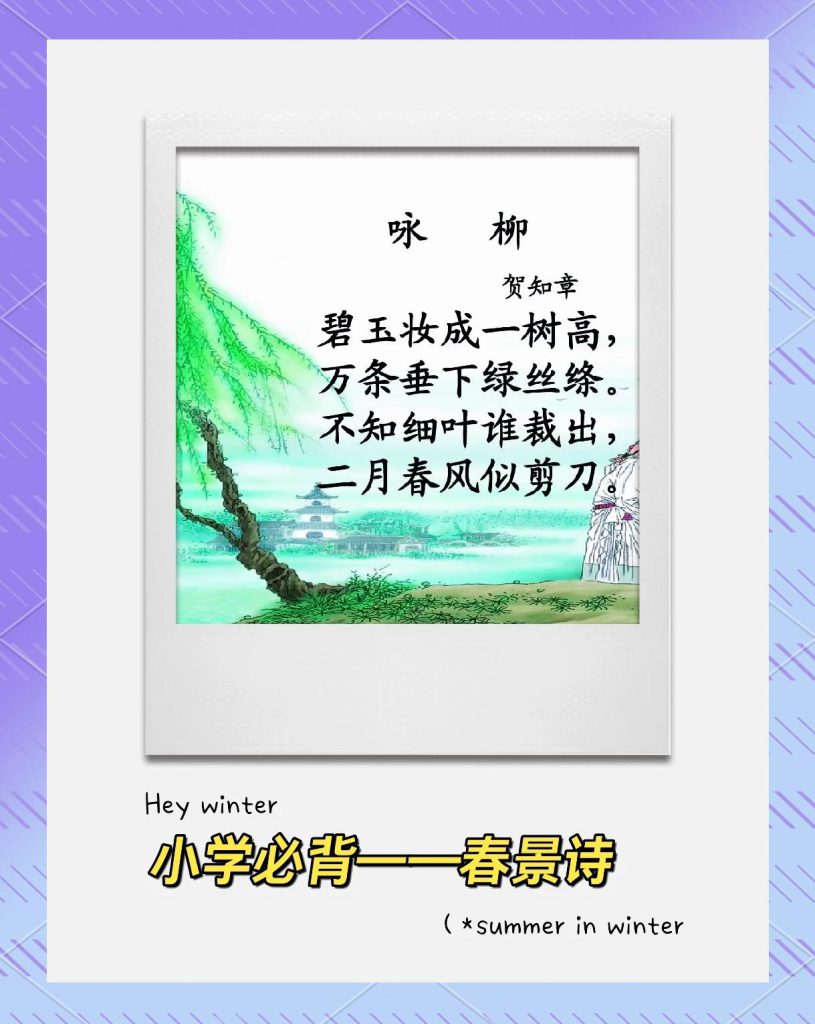
In fact, Hu’s entry into the palace as a concubine had a great relationship with her aunt. According to historical records, the aunt of the Hu family “entered the prohibition of speaking. As she grew older, she made sarcastic remarks about her later behavior. Upon hearing this, the emperor summoned her to the Ye court and appointed her as a virtuous lady. Although Hu’s aunt is a monk, she has a strong desire for fame and fortune. She saw that her niece was beautiful, so she took the opportunity of entering the palace to teach Buddhism and hinted to the emperor that her niece was talented and beautiful, and was a strange woman. Over time, Emperor Xuanwu became interested in the Hu family, and the Hu family entered the palace like this.
2、 Risking one’s life to give birth to the eldest son of the emperor
After Hu entered the palace, he was very favored and soon gave birth to a prince, who was also the eldest son of Emperor Xuanwu. Hu’s status also rose with him.
As for why Emperor Xuanwu did not have a son before Hu entered the palace, it can be traced back to the ancestral system of Northern Wei, which was
My mother and son are dead. The royal family of Northern Wei established this ancestral system in order to prevent maternal dictatorship. However, the negative impact brought about by this system was significant. Consorts and concubines prayed to each other and wished for the birth of kings and princesses, but did not want to have a crown prince. Many concubines even had abortions as soon as they realized they might conceive a prince. So after Hu’s pregnancy, another “kind” sisters persuaded her to have an abortion, but Hu didn’t listen and prayed to heaven to give birth to a prince for the emperor.
At the end of the ten month pregnancy period, Hu indeed gave birth to a son for the emperor. Emperor Xuanwu, who had a son in his old age, was very happy after having a son. After learning the truth that Hu sacrificed his life to give birth to a child, he was deeply moved and appointed Hu’s son Yuan Xu as the crown prince. Later, he announced the abolition of the barbaric ancestral system and conferred the title of Chonghua on Hu. Three years later, Emperor Xuanwu passed away and Crown Prince Yuanxu ascended to the throne, becoming Emperor Xiaoming. After Yuan Xu ascended to the throne, he honored Empress Gao as the Empress Dowager and his birth mother Hu as the Empress Dowager.
3、 Ambition is gradually emerging
Hu Shi is a woman with a strong desire for power. Her son has become emperor, and she will not be satisfied with the position of empress dowager. So not long after, she planned to overthrow Empress Dowager Gao and execute her, so that she could monopolize all power herself.
At this time, Hu Shi was not satisfied with living in the imperial harem. She used the emperor’s young age as a reason to interfere in court affairs. Not only that, she also “changed orders to edicts, and the courtiers wrote letters to His Majesty, calling herself ‘I'”, becoming the de facto head of the Northern Wei dynasty, while Emperor Xiaoming became a puppet.
4、 Luxury harms the country
After the Hu family came to power, they mainly did two things: one was to build temples on a large scale; One is to satisfy one’s physiological needs.
Perhaps because her aunt is a nun and she has been deeply influenced by Buddhism since childhood, Hu firmly believes that Buddhism can bless people with a peaceful and smooth life. After she came to power, she extensively built temples throughout the country. At that time, the number of temples in Northern Wei increased to over 30000 in just a few years, and the growth rate was astonishing. And the temple is also beautifully built, with gold bricks and jade tiles exuding a luxurious atmosphere. However, building temples is not only labor-intensive and costly, but also prone to corruption.
Indeed, within a few years of Hu’s reign, he depleted all the savings in the national treasury and caused widespread public discontent. Over time, this will inevitably lead to many social crises. Ministers Li Chong, Zhang Puhui, and others noticed the gradually emerging crisis and repeatedly issued memorials, hoping that the Empress Dowager could sympathize with the people’s livelihood and stop building Buddhist temples. However, the Hu family did not listen and continued to “contribute” to the spread of Buddhism.
Hu not only vigorously worships Buddhism, but also has extremely chaotic private life. She has a male pet named Yang Baihua, also known as Yang Hua, who is handsome and skilled in martial arts. He is the person she loves the most. After this person fled to the state of Liang, Hu was heartbroken and wrote “Yang Baihua Song” to express her nostalgia for him. However, in addition to Yang Baihua, she also raised many male pets and allowed them to interfere in government affairs and accept bribes, which had a very negative impact. Not only that, she also had an affair with her own uncle and son, “forcing Prince Yuanyi of Qinghe to indulge in debauchery and promiscuity, which is hated by the world”.
5、 Killing children for power
Hu’s actions caused dissatisfaction among the court and the people, and Emperor Xiaoming gradually grew up. In order to save the empire and maintain the reputation of the royal family, Emperor Xiaoming urgently needed to personally take charge of the political power. For this reason, Emperor Xiaoming repeatedly asked his courtiers to submit letters to the Empress Dowager, demanding that she return power to him and live in the palace to enjoy her happiness. However, the Hu family regards power as something in their own hands and firmly opposes the withdrawal of curtains and the return of politics. They stubbornly claim that they will never surrender power unless they die.
Faced with the Empress Dowager who loved power as her life did, Emperor Xiaoming had no choice but to seize power by force. Emperor Xiaoming issued a secret edict to Erzhu Rong, the commander of the Bingzhou army, ordering him to lead his troops into Luoyang and force the Empress Dowager to return to power. Unfortunately, there is no impenetrable wall in the world. Not long after the secret edict was issued, the Empress Dowager received the news. She was afraid of a tragic fate after returning power, so she followed the advice of her superiors Zheng Yan and Li Shengui and sent someone to poison her own son to death.
After Empress Dowager Hu poisoned her own son, she did another absurd thing. She actually helped her granddaughter to the throne and publicly claimed that the child was a prince. After the lie was exposed, Hu quickly deposed her and enthroned the 3-year-old Prince Yuan Zhao of Lintao as emperor.
6、 Hu’s exit
Hu poisoned his own son to death for the sake of power and impersonated his granddaughter as a prince to support the throne. She will eventually pay the price for her actions by playing with people like fools in the world.
After the death of Emperor Xiaoming, Erzhu Rong was extremely angry and ignored Hu’s order not to lead his army into the capital. Instead, he led more than 100000 troops south to attack Luoyang. At this time, Hu Shi actually believed that Buddhism could dispel disasters, and “summoned all six palaces of Emperor Ming, all of whom were ordered to enter the Dao, and the Empress Dowager also fell from grace.
This time, Buddha did not bless her, and Hu was ultimately captured by the rebels. When Empress Dowager Hu saw Erzhu Rong, she strongly stated that she wanted Erzhu Rong to give her a way out, but Erzhu Rong walked away and ordered “the Empress Dowager and the young master to sink together in the river
